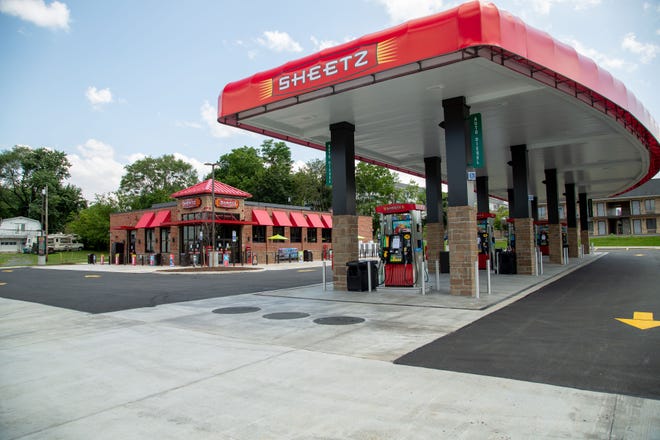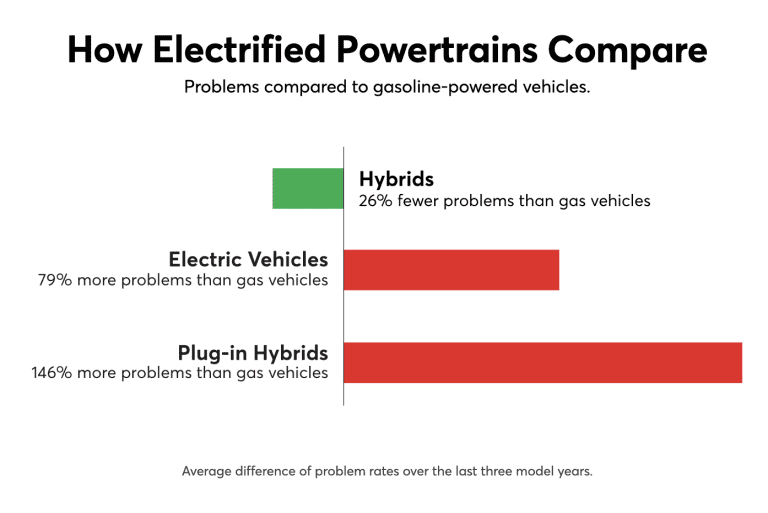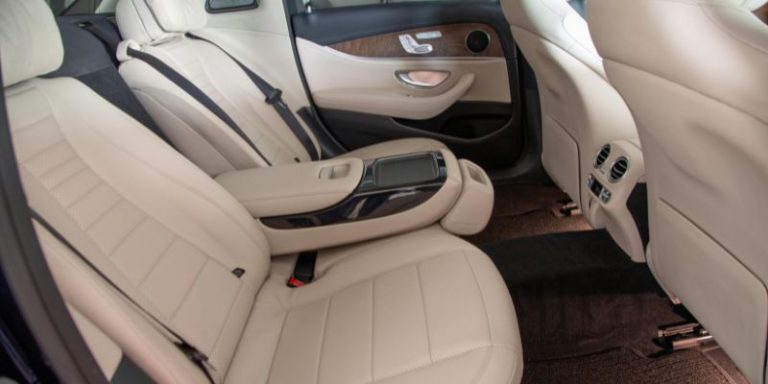Can I Put 88 in My Car: Unveiling the Truth
Yes, you can put 88 in your car, but it depends. The type of fuel your car needs is crucial for its performance and longevity.
Many drivers wonder if using 88-octane fuel in their car is a good idea. Understanding the importance of fuel types can save you from costly repairs. Your car’s engine is designed to work with a specific fuel type. Using the wrong one can cause damage and reduce efficiency.
This blog will help you understand if 88-octane fuel is suitable for your car. We will explore how it affects your vehicle’s performance, engine health, and overall driving experience. Stay tuned to make an informed decision about your car’s fuel needs.

Credit: www.reddit.com
Introduction To Fuel Grades
Fuel grades show the quality of fuel. They tell us how the fuel burns. Higher grades are for high-performance engines. Lower grades are for regular cars. Using the right grade matters.
There are three main types of fuel: regular, mid-grade, and premium. Regular fuel is the most common. Mid-grade is a bit better than regular. Premium is the best quality.
Understanding Octane Ratings
Octane rating measures fuel’s ability to resist knocking. Knocking happens when fuel burns unevenly in the engine. Higher octane fuels resist knocking better. Regular fuel has lower octane rating. Premium fuel has higher octane rating.
Using the right octane protects your engine. Wrong octane can cause damage. Check your car’s manual for recommended octane. Improves performance and fuel efficiency. Reduces emissions and keeps your car running smoothly.
The 88 Octane Fuel
88 octane fuel is a type of gasoline. It has a higher octane rating than regular fuel. This means it can prevent engine knocking. Engine knocking is bad for cars. It happens when fuel burns unevenly. 88 octane fuel burns smoothly. This helps the engine run better. Cars with turbo engines may need it. Always check your car’s manual first.
88 octane fuel has specific traits. It is more stable than lower octane fuels. This means it is less likely to cause knocking. It may have fewer impurities. Cleaner fuel can improve engine life. It also enhances performance. But it can be more expensive than regular fuel. Some cars need 88 octane. Always follow the car manufacturer’s advice.
Compatibility With Vehicles
Not all engines can use 88 octane fuel. Regular engines often need lower octane fuel. Using 88 octane in some engines can cause problems. High-performance engines might need higher octane. It’s important to know your engine type. Always check your car’s manual.
Car makers give clear advice on fuel types. They test and know what works best. Using the wrong fuel can void your warranty. Always follow the manual. It helps keep your car running well. Never guess the right fuel. Always be sure.
Potential Benefits
Using 88 octane fuel can boost engine performance. Your car might run smoother and faster. Some drivers notice better acceleration and power. This can make driving more fun.
Higher octane fuel can reduce engine knocking. This helps your engine last longer. It also helps in keeping the engine clean. Clean engines perform better. This can save you money on repairs.
88 octane is better for the environment. It can lower carbon emissions. This helps keep the air clean. Using cleaner fuel is good for our planet.
With lower emissions, your car’s engine will also produce fewer harmful gases. This is safer for everyone. Cleaner air means healthier lives. 88 octane is a small step towards a greener future.

Credit: www.youtube.com
Risks And Concerns
Using 88 octane fuel in your car can cause engine damage. Some engines need higher octane fuel. Lower octane can make the engine knock. Knocking can harm engine parts. This harm can be costly to repair.
Putting 88 octane fuel in your car may affect your warranty. Car makers often state which fuel to use. Using the wrong fuel might void the warranty. This means you pay for repairs yourself. Always check your car’s manual for the right fuel.
Comparing With Other Fuels
87 octane fuel is common in many cars. Most engines can use it without problems. It is usually cheaper than other fuels. Some cars are made to use only 87 octane fuel. Check your car’s manual for the best fuel type.
91 and 93 octane fuels are premium options. They are higher octane levels than 87. These fuels can improve performance in some engines. Expensive cars often recommend 91 or 93 octane fuel. This fuel can reduce knocking in high-performance engines. It can cost more than 87 octane.
Making An Informed Decision
Your car’s manual is key. It holds all the important info. Check the fuel section first. See the recommended octane rating. Most cars need a specific rating. Using the wrong fuel can harm your engine. It can also lower performance. Always follow the manual’s advice. This keeps your car running well.
Mechanics know a lot about cars. They can give good advice. Ask them about using 88 fuel. They will know if it is safe. They can check your car for issues. Trust their knowledge. Your car will thank you.

Credit: myfox8.com
Frequently Asked Questions
What Vehicles Can Run Unleaded 88?
Most vehicles from 2001 and newer can run on unleaded 88. Check your owner’s manual for confirmation.
What Is The Downside Of Unleaded 88?
Unleaded 88 can cause issues in older vehicles not designed for higher ethanol content, potentially leading to engine damage.
What If I Accidentally Put E15 In My Car?
Drain the tank immediately. E15 can damage engines not designed for it. Consult a mechanic for further assistance.
How Do I Know If I Can Use Unleaded 88?
Check your vehicle’s owner’s manual for fuel recommendations. Use unleaded 88 if it’s approved for your engine type.
Conclusion
Choosing the right fuel is crucial for your car’s performance. Using 88 octane might seem cost-effective. But, it can lead to engine issues. Always check your car’s manual. Follow the recommended octane rating. It ensures smooth operation and longevity. Higher octane usually benefits high-performance engines.
Regular engines typically run best on lower octane. Avoid unnecessary risks. Prioritize your car’s health. Consult a professional if unsure. Safe fueling practices save money long term.







